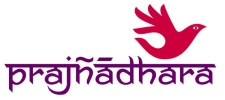The Quiet Uprising
Circles of Care, Story, and Stillness
A programme by Snehadhara Foundation that brings together community, care, and the arts to create gentle, restorative spaces for all who hold and all who are held- caregivers.
Gensis
Through years of work across inclusive classrooms, homes, government schools, and community environments, we noticed a shared truth: caregivers give endlessly, often with very few spaces that support their own emotional replenishment. Parents, educators, facilitators, therapists, and support staff carry immense emotional and physical labour that is often unseen. Many experience compassion fatigue, emotional exhaustion, blurred personal boundaries, and a quiet sense of depletion.
This reality led us to an important question: Who cares for the caregiver?
The Quiet Uprising and its Baithaks grew directly out of this reflection—an invitation for people to sit down, breathe, and be held by community.
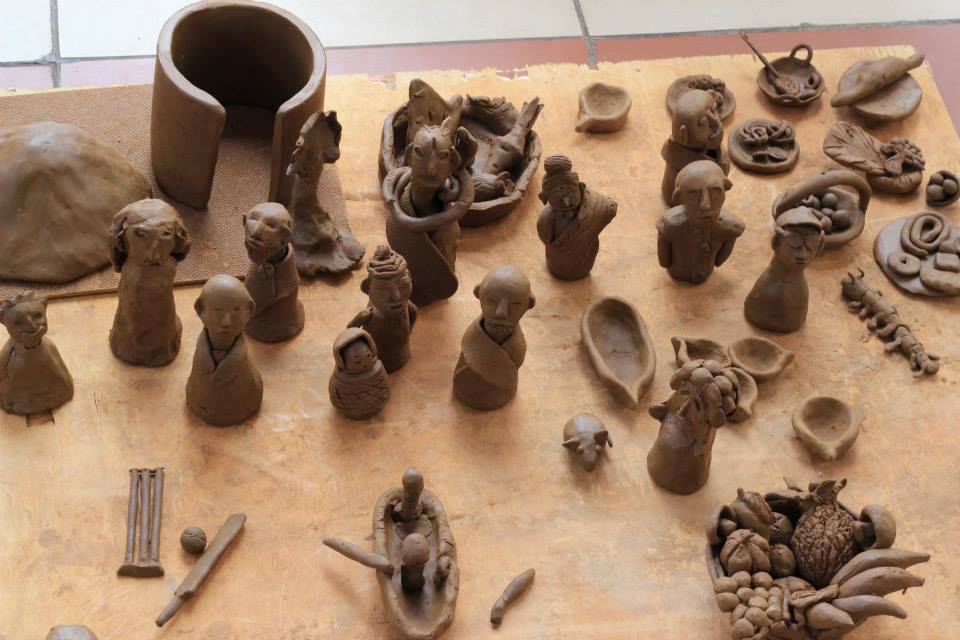
What Is a Baithak?
A Baithak is a small, intimate gathering where people sit together in a circle and engage in gentle, arts-led rest. It is an unhurried space where people come together not to learn something new or achieve something specific, but simply to rest and reconnect. It reminds us that rest is essential, that we do not have to earn it, and that caring for ourselves is an important part of caring for our communities. It is not therapy, a workshop, or a training. It is simply a place where people can pause and experience quiet companionship. In its simplest form, a Baithak is a place to slow down, breathe, and feel restored—together.
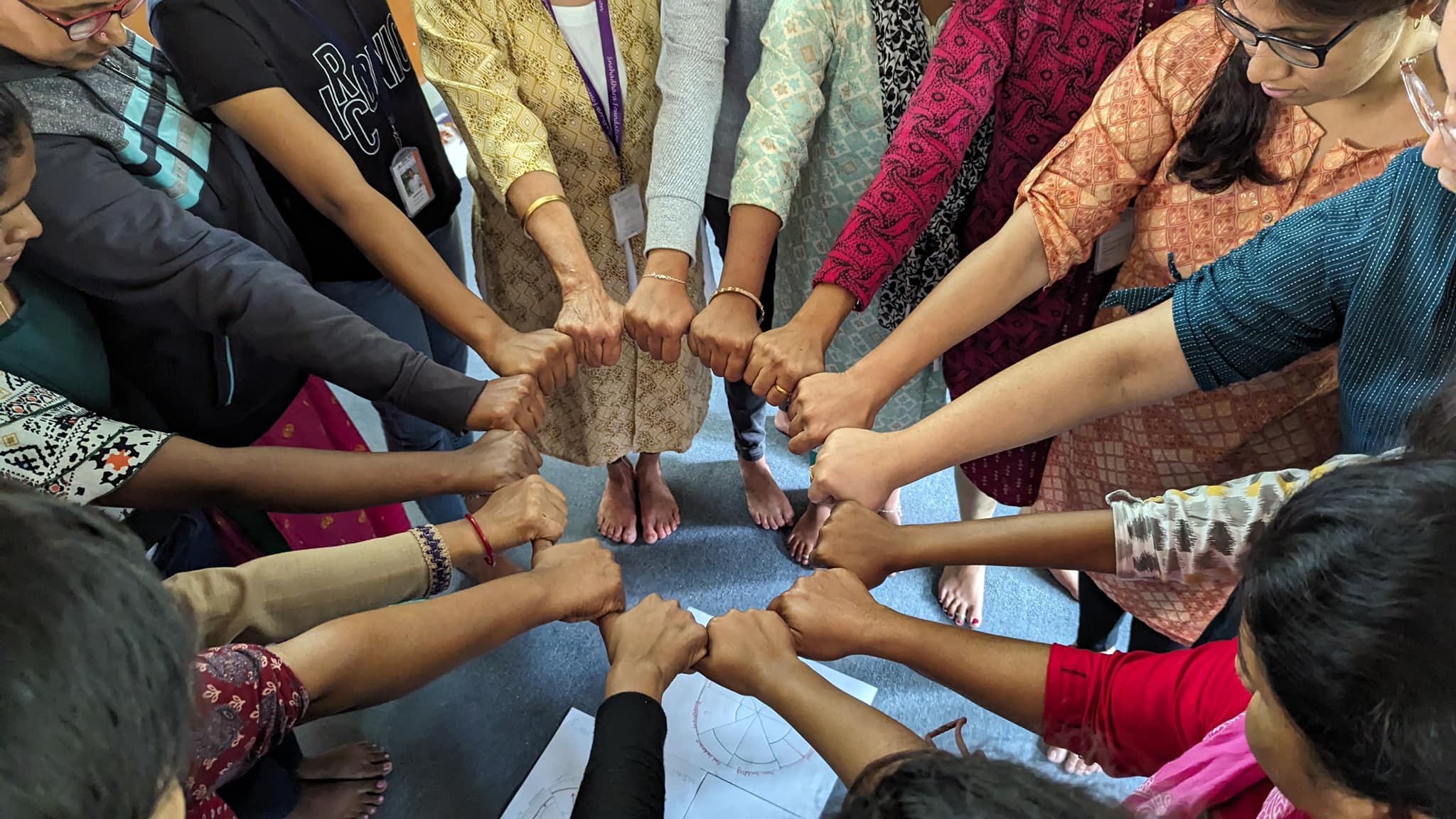
How a Baithak Unfolds
Each Baithak is curated as a sensory, art-led experience designed to support grounding and ease. These gatherings may take place in homes, gardens, parks, art cafés, community spaces, or inclusive centres—settings chosen for their warmth and accessibility rather than formality.
A Baithak usually begins with a soft settling-in and a gentle invitation to arrive fully. Each gathering is held around a theme—such as Stillness, Echo, or Care Without Words—which guides the mood and the experiences. Participants may engage in light movement or somatic grounding, listen to quiet music or rhythm, create simple artwork, or sit in silence. The intention throughout is to hold space without expectation. People arrive exactly as they are, without preparation or pressure.
Why Baithaks Matter
Caregiving can be relentless and isolating. In our work, we have seen how emotional and physical strain accumulates over time, often without caregivers having a place to name or release it. Baithaks exist to provide dignified rest and emotional replenishment. They create a shared language of pause and presence, centering caregivers not as helpers who must stretch endlessly, but as individuals deserving of care themselves. These gatherings help us reimagine rest as a vital part of inclusive ecosystems and remind us that care is sustainable only when caregivers are supported.
Objectives of the Baithak
The Baithaks aim to offer intimate spaces of rest for caregivers and community members by providing sensory, arts-led experiences that support grounding and emotional ease. They seek to normalise rest as a shared community practice rather than a personal burden. Through their gentle structure, Baithaks nurture empathy, reflection, and relational awareness while strengthening a sense of belonging and emotional safety. At their core, they model care as connection, presence, and pause—beyond the limits of roles or responsibilities.
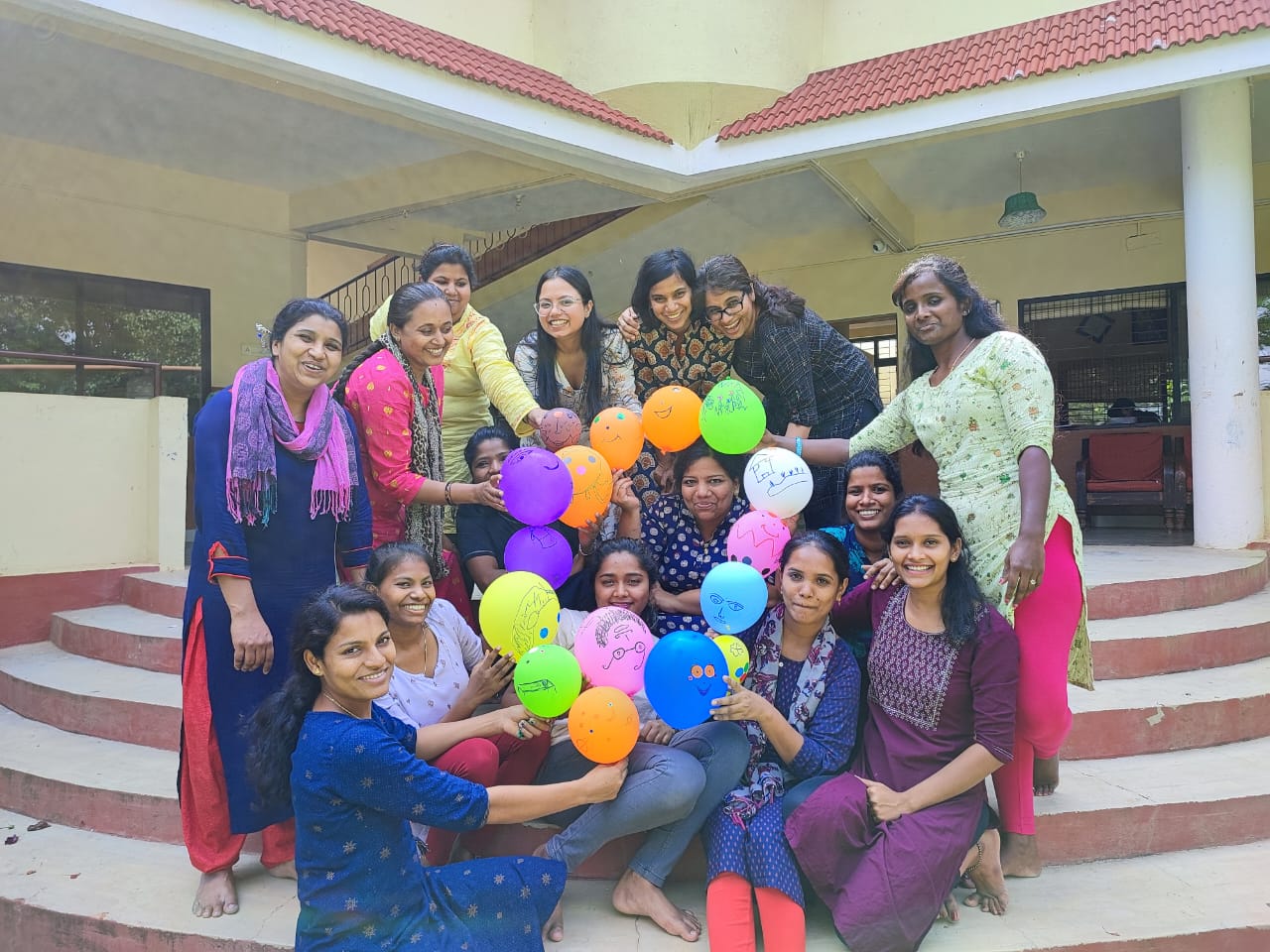
Who is Baithak for?
Baithaks are for anyone who holds emotional or physical labour in their everyday lives. This includes caregivers of neurodiverse individuals, parents and family members, teachers and educators, therapists and facilitators, social workers, community staff, neighbours, colleagues, and friends. They are also for anyone who feels overwhelmed, tired, or stretched, or who simply seeks gentle connection and rest.
In essence, Baithaks are for anyone who cares, or has ever needed care.
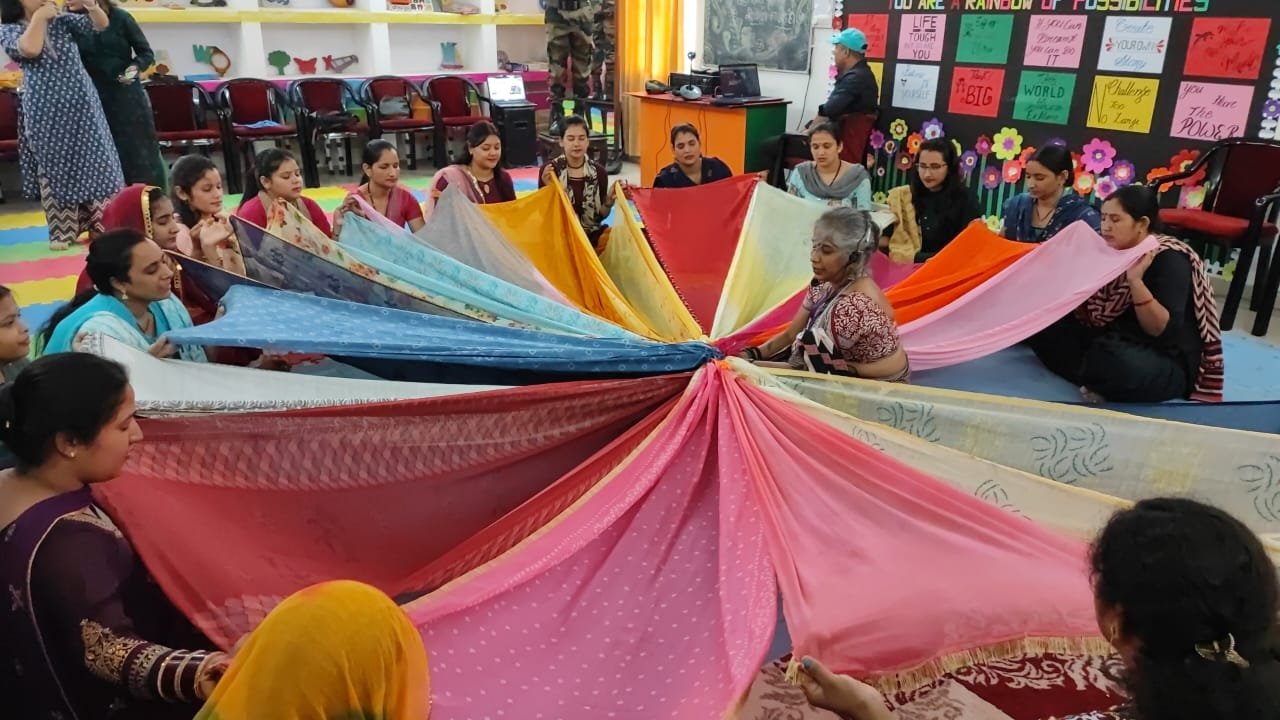
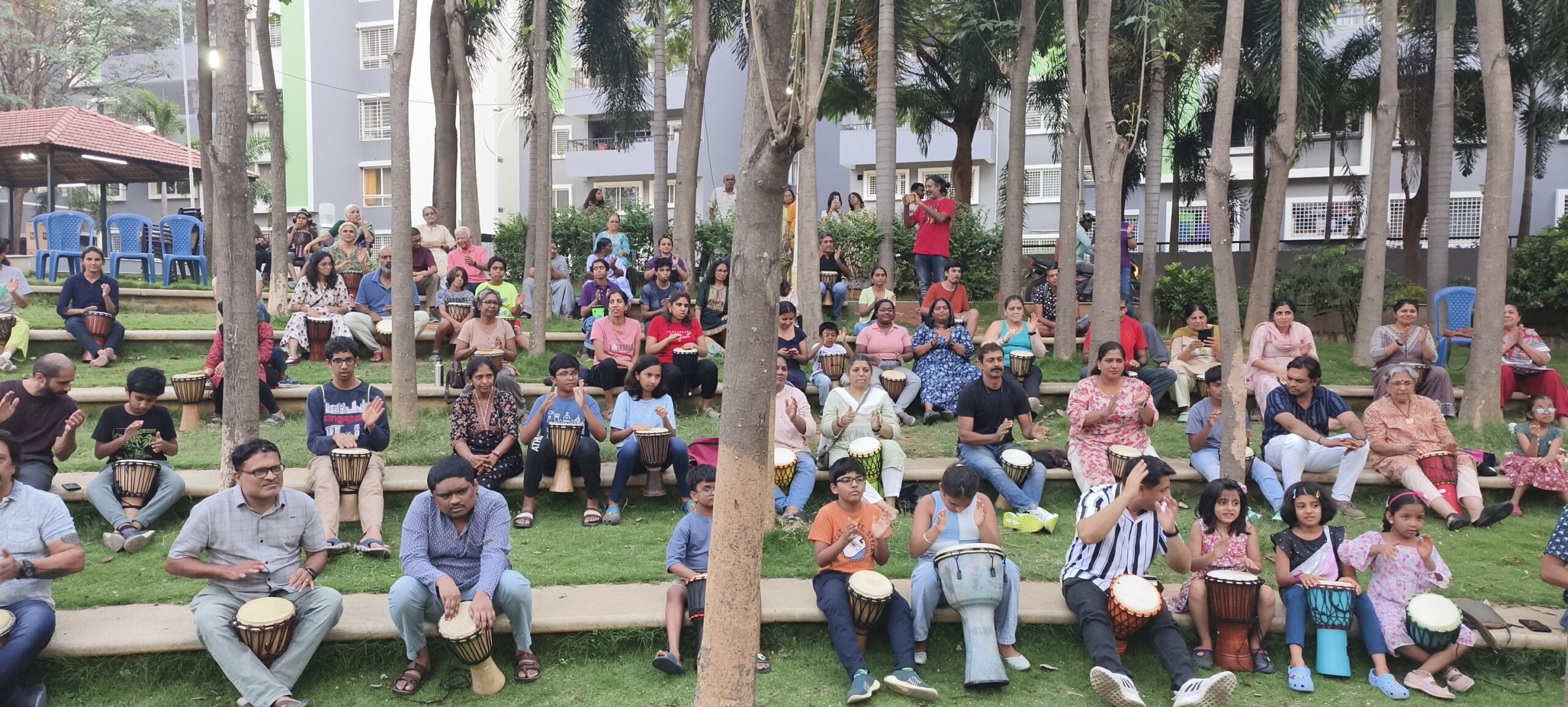
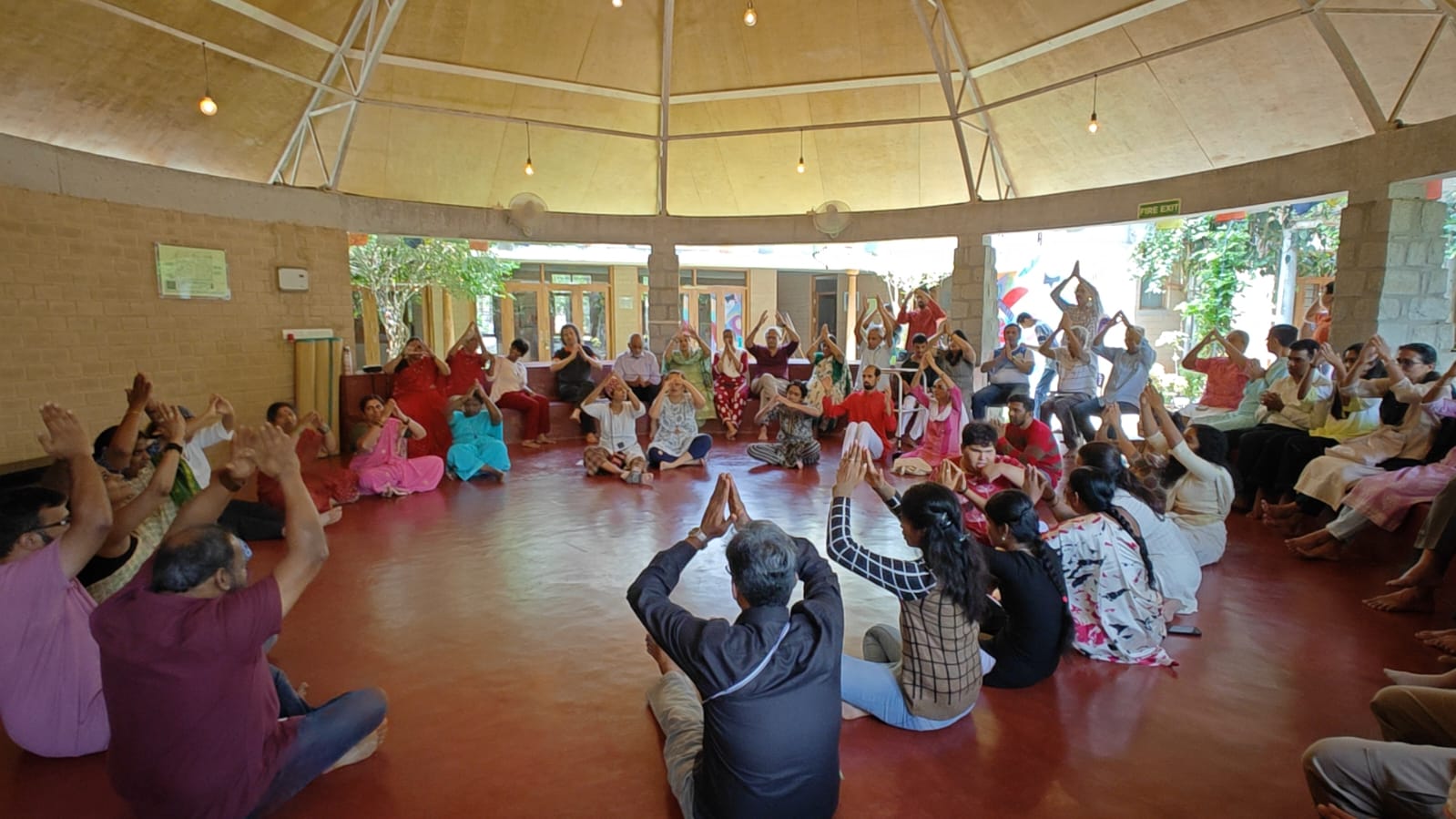
Baithak Calendar
Our Previous Baithaks
At the Museum of Art and Photography
The Quiet Uprising: Baithak for Caregivers unfolded today at MAP (Museum of Art & Photography).
We began with a gentle walkthrough of In Celestial Company — exploring vahanas and the stories held beneath them. That journey slowly led us into a circle, where we linked the idea of vahanas to rest as a companion — something that guides us, holds us, and carries us through our moments of exhaustion.
Sit. Breathe. Begin again.
This became our small mantra of rest.
It was a beautiful space co-created with so much care by the SF team and everyone who joined in.
With the India Inclusion Foundation Fellows
The India Inclusion Foundation Fellows visited the Snehadhara campus for a Baithak circle as part of their alumni meet. From singing together to sharing journeys and reflections, the space offered them a gentle pause—an opportunity to rest in community amidst the work they carry into the world.


